By Rick VanSickle
Grant Howes, the man known as The Grandfather of Ontario Cider, is one of six people who will be inducted into the Ontario Agricultural Hall of Fame in June.
Note: Also in this Prince Edward County wine and cider report, full details on the Élevage Winter Wine Festival coming up this month.
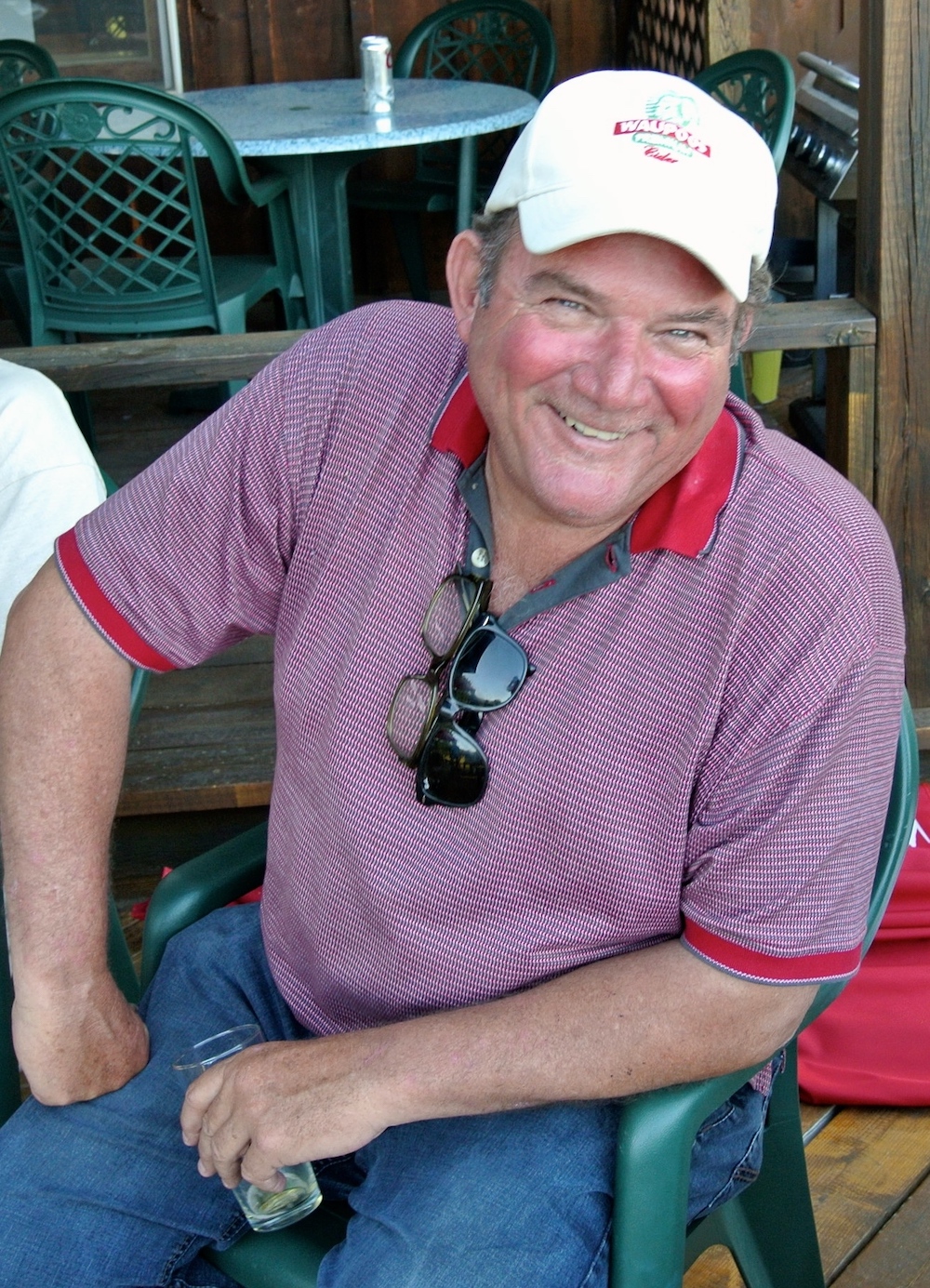
Howes, above, quit his white-collar job in B.C. and took over the family farm in Prince Edward County in the early 1990s with the dream of producing craft cider using apples grown at farm. Within two years of taking over, County Cider Company ciders were on the shelves at LCBOs throughout Ontario and the beginning of the modern cider industry began.
Howes, a good friend of mine who I met in high school in Toronto in the early 1970s and followed his Prince Edward County cider revolution closely, died suddenly in 2017, leaving his partner in the business and life, Jenifer Dean, to continue growing the company.
In nominating Howes for the hall of fame honour, Dean said Howes “was a visionary leader in apple growing and specifically cider production, pioneering innovative practices and technologies in developing cider orchards that enhanced productivity and sustainability within the industry.” She added that he was a “vocal advocate for Ontario apple growing at the local and provincial levels. As the craft cider sector grew in Ontario, he was a mentor to many — always willing to share ideas and work with new cideries. His initiatives also helped Ontario cider apple farmers adopt more environmentally friendly farming techniques. His commitment to collaboration was also a driver for the establishment of the Ontario Craft Cider Association of which he was a founding member.” Howes was also a founding member of Fruit Wines of Ontario, and the Prince Edward County Winegrowers Association, and has collected many awards for his contributions to the cider and agriculture industries.
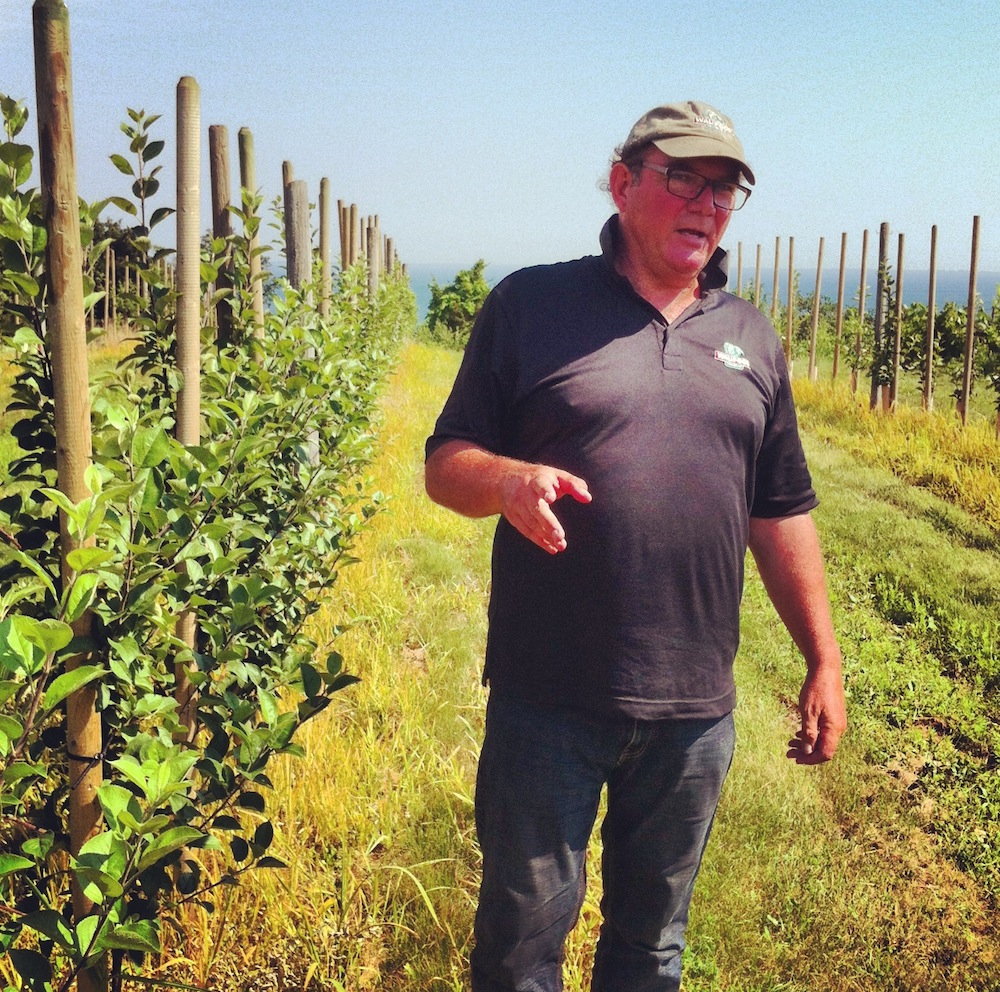
The new Ontario Agricultural Hall of Fame nominees, two who are being inducted posthumously, have had a significant impact on agriculture in the province with their influences including agricultural education and lobbying for farm tax reform to farm organization leadership as well as the science of egg farming, berry, cider, and greenhouse innovation, and poultry welfare, a news release sent to Wines in Niagara points out.
The inductees will be recognized in a ceremony on June 9, bringing the total number of inductees recognized since 1980 to 262. To qualify for the OAHF, inductees must have shown visionary leadership, innovation, and entrepreneurship and have demonstrated a lasting legacy to Ontario agriculture through their careers.
Here’s a look at the other careers and contributions of the 2024 inductees:
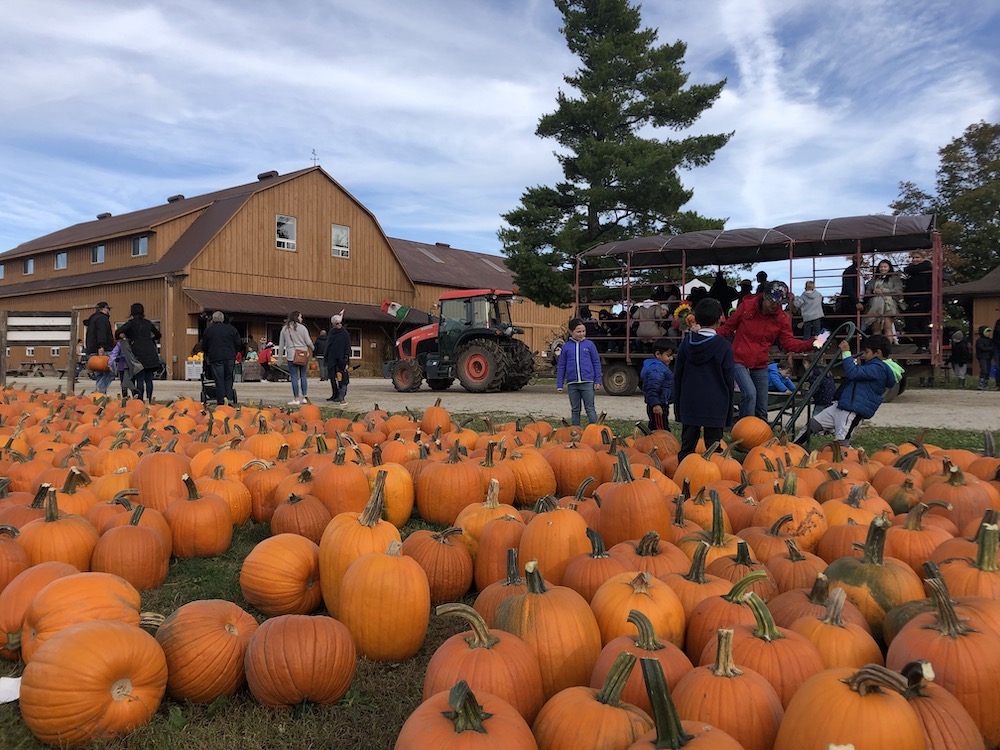
• Bert Andrews has devoted his life to agriculture, education, and community. As a board member of Fruit Wines of Ontario, he was successful in advocating for the sale of Ontario fruit wines at provincial farmers’ markets. He also led research and worked with the Halton Federation of Agriculture, Halton Agricultural Advisory Committee and MPAC to ensure farm values were based on farmer-to-farmer sales (and not at development-based values). This successful campaign raised significant awareness to farm values and brought fairness to the assessment process.
As the owner/operator of Andrews Scenic Acres, he was a leader in agriculture and food education. Annually, the business hosted more than 15,000 students and 60,000 visitors.
• Ron Bonnett has shown a long-standing commitment to the agriculture and agri-food sectors municipally, provincially, federally, and globally since he moved to an Algoma farm in 1975. As founding president of the Algoma Federation of Agriculture, Bonnett went on to serve in leadership roles with the Ontario Federation of Agriculture (OFA), the Canadian Federation of Agriculture (CFA) and most recently as founding president and North American board member for the World Farmers’ Organization.
Bonnett’s leadership at both OFA and CFA was integral during the Walkerton water crisis and then the BSE crisis. As president of the Ontario Federation of Agriculture during the Walkerton crisis, he recognized that it was critical for agriculture in Ontario to take a responsible attitude and work together with the Ministry of Agriculture and the Ministry of the Environment to find solutions that would make it possible for agriculture to survive and at the same time be responsible to the environment.
• Bill Gray has a philosophy for life: “Keep growing, keep building and operate as if you will go on forever.” As CEO and owner of L.H. Gray & Son Ltd., Gray has lived this philosophy and has dedicated his life to innovating the future of food in Ontario and across Canada through constant adoption of new egg-farming science and technologies. He has a passion for quality partnerships and works with hundreds of Ontario egg farmers to grade and market their eggs. His interest in the egg industry also expands beyond borders. He continuously learns from other industry leaders through the U.S. and globally, bringing this international perspective home to improve Ontario’s egg industry.
Gray Ridge’s egg farms have also been among the first in Canada to implement welfare-friendly advances in cage free and enriched colony hen housing systems and barn designs and contain some of the country’s most technologically advanced housing and ventilation systems.
• Verner Toews (1937 – 2023) was a lifelong vegetable farmer who was involved in the initial efforts of crafting and participating in pricing negotiations with processors. Additionally, he was one of the first greenhouse growers in Ontario, paving the way for a sector which has grown and developed greatly over the past 60 years. As chair of the Essex County Associated Growers, Toews travelled the province promoting the benefits of greenhouse-grown produce. The result of his efforts was the establishment of what is now called Ontario Greenhouse Vegetable Growers. His tenure also included multi-term positions as director on the Ontario Fruit and Vegetable Growers’ Association and with Ontario Processing Vegetable Growers.
• Dr. Tina Widowski is one of the world’s foremost experts in the housing and management of farm animals and has been described as a pioneer in poultry behaviour and welfare research in Canada and globally. As a professor in the Department of Animal Biosciences at the University of Guelph, with training in animal behaviour and physiology, she has studied such diverse topics as the endocrinology of nest building in sows, the behavioural responses of hens to different lighting systems, the development of feeding and drinking in piglets, and motivation for dust bathing and nesting in laying hens. Her research has also tackled the transport and handling of market pigs, and methods for euthanasia for piglets and poultry.
The 2024 induction ceremony will take place on Sunday, June 9, at the GrandWay Event Centre in Elora. Registration is available at a cost of $40 (for in person attendance) or $20 (virtual attendance) on the Ontario Agricultural Hall of Fame Association’s website here.
Prince Edward County embraces winter
with the Élevage Winter Wine Fest
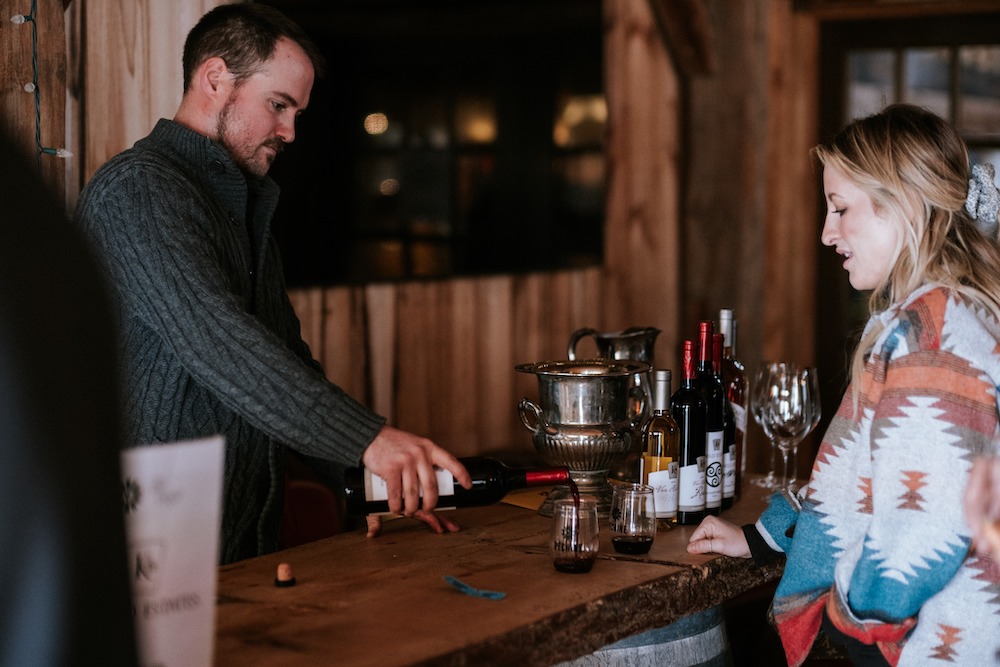
The second annual Élevage Winter Wine Festival will take place on the Family Day Weekend – Saturday, Feb. 17 and Sunday, Feb. 18.
Directly translating to “raise up,” élevage refers to the ageing process wines go through between fermentation and bottling while in barrel. In Prince Edward County, this typically coincides with the quiet winter months. Élevage: PEC Winter Wine Festival is a celebration of wine in all its stages, through all seasons.
Many of the boutique wineries in Prince Edward County are family owned and Élevage is The County’s way to celebrate both the “rising up” of local wines while they age in barrel and the family connections of the wineries in the region this Family Day Weekend.
“We are excited that this year individual wineries get the opportunity to highlight their products and their activations at their own locations, and we are also giving wineries that are typically closed at this time of year the chance to get exposure by being a guest of a host winery which highlights the spirit of collaboration in The County,” said Erin MacInnis, vice-chair of PEC Wine and GM of Closson Chase Vineyards.
Key highlights of the Élevage Winter Wine Festival:
• Élevage Passport: Choose from 17 winery venues, sampling wine and cider from a variety of producers to create a winter wine route that allows guests to visit up to 19 producers in a single weekend;
• Enjoy culinary delights that highlight the County’s rich history of supporting local;
• Grand tasting: A gathering of a number of wineries and local producers on Feb. 18 at Huff Estates Winery;
• Indulge in the best of both worlds with the Ultimate Élevage Experience package. This exclusive offering grants you access to the all-weekend Élevage Passport as well as the Grand Tasting event at Huff Estates on Feb. 18 to complete your weekend.
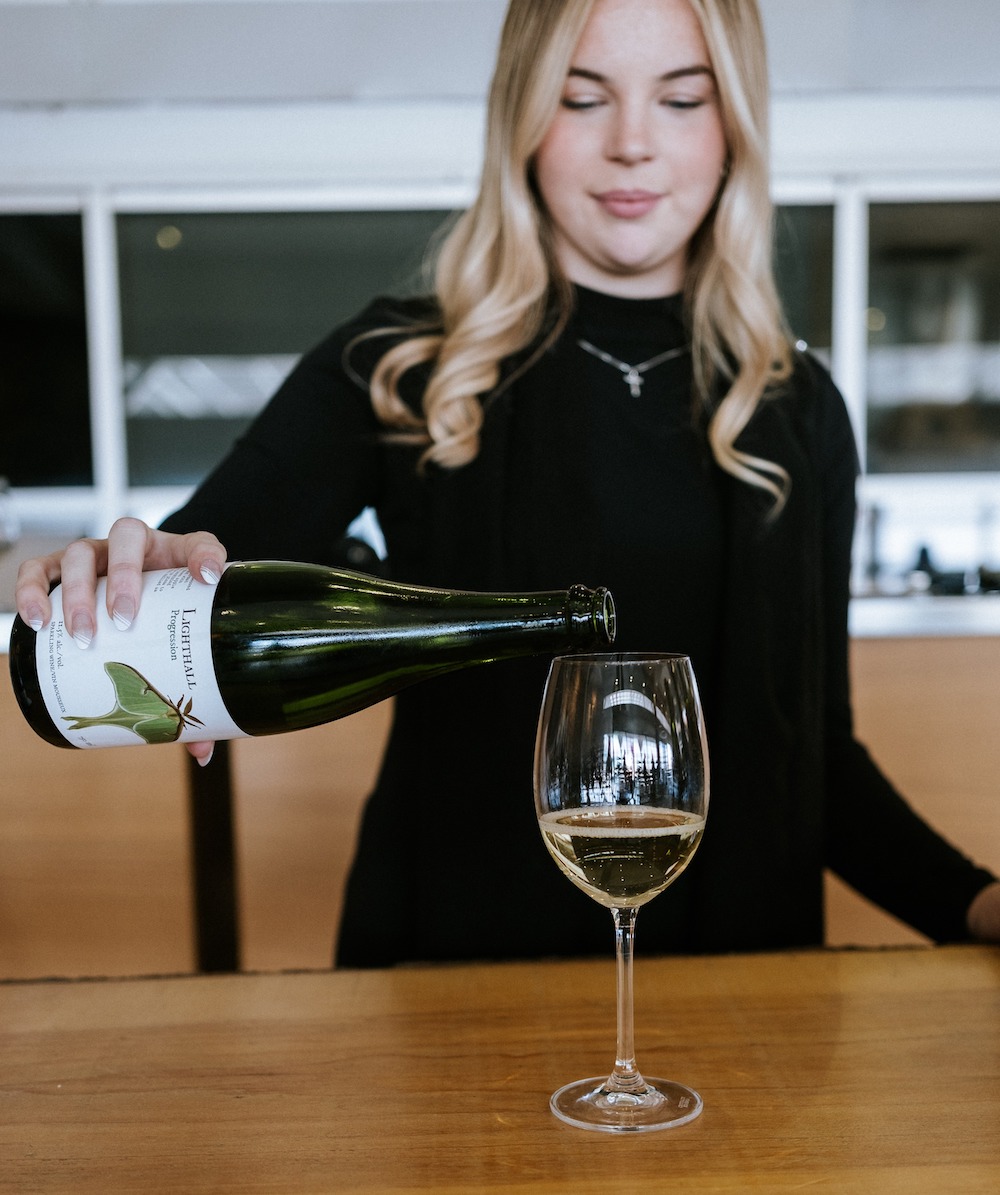
Host wineries include the Grange of Prince Edward Winery hosting Stock+Row, Karlo Estates hosting Gravel Hill Vineyards, and Rosehall Run hosting Morandin Wines, and Last House Wines.
Independent wineries are Broken Stone Winery, Closson Chase Vineyards, Harwood Estates Winery, Huff Estates Winery, Lacey Estates Winery, Lighthall Vineyards, Loch Mór Cider Co., Sandbanks Winery, Stanner’s Vineyard, Sugarbush Vineyards & Winery, Trail Estate Winery and Waupoos Estate Winery.
Tickets are on sale here. Use the promo code PECwineLover for a 20% discount.
A portion of the proceeds from Élevage ticket sales will go towards the PEC Wine bursary, an annual bursary to a youth (aged 30 and under) from the Prince Edward County area, or that have a strong connection to the area, pursuing studies in viticulture or oenology program at a college or university or a sommelier certification program. For more information and how to apply, go here.
NOTE: Information for this post was provided to Wines in Niagara.


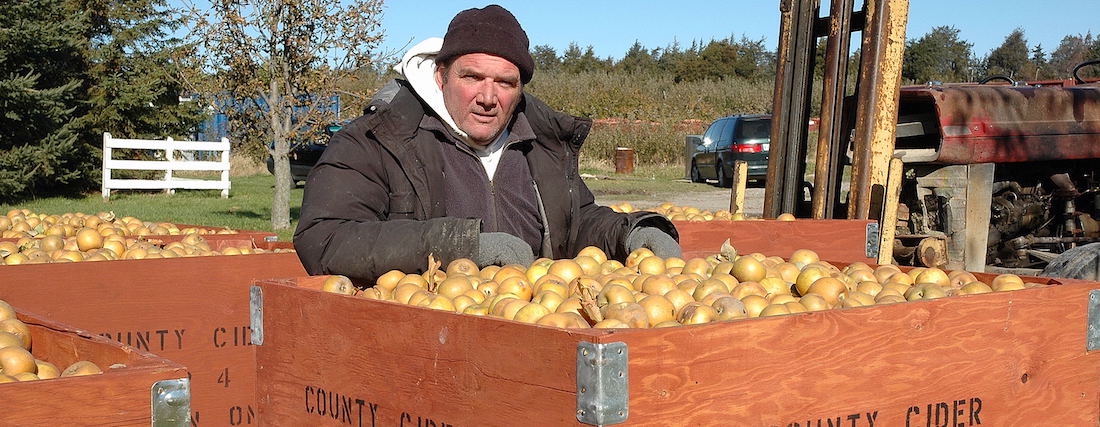




Comment here